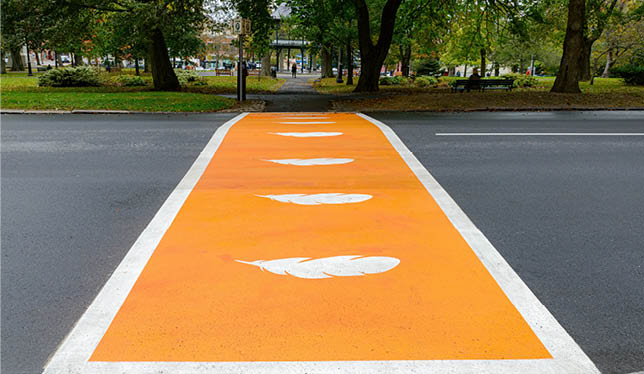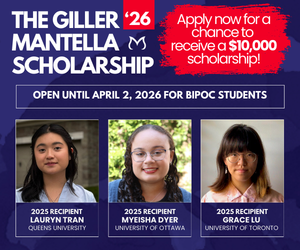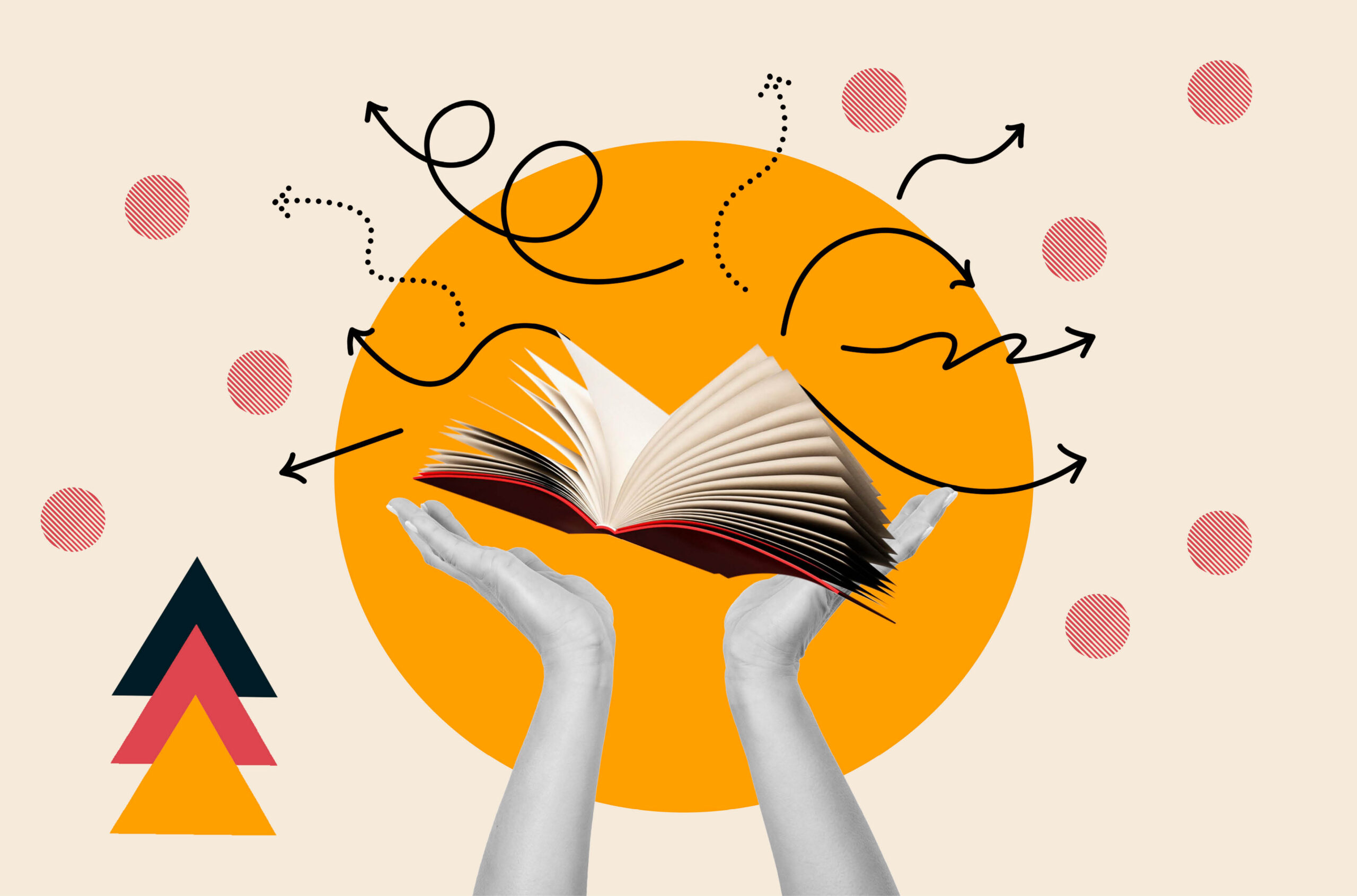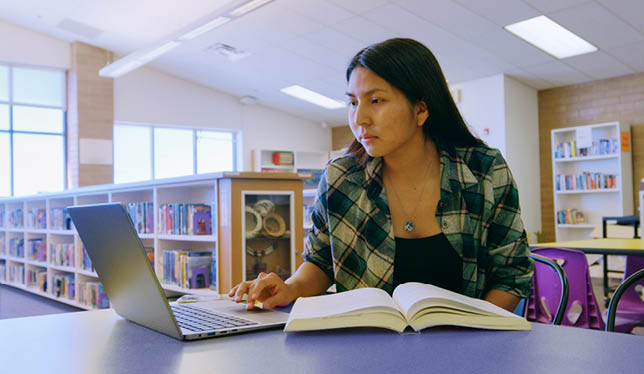Embarking on the path to reconciliation
A list of helpful resources to help profs explore, learn and discuss the importance of Truth and Reconciliation with students.

September 30 marks the National Day for Truth and Reconciliation. It is a day to honour the survivors of the residential school era and to remember the children who never returned home. As a settler on these lands, I feel I have the responsibility to seek the truth in the colonial history of Canada and the attempted assimilation of Indigenous people. I decided to go back to school to earn my master’s in Indigenous and Canadian studies and I am now in a PhD program where I am researching race and racism in education. Sept. 30 is intended as a national day for recognition; however, reconciliation should be weaved throughout our daily lives.
As we think about ways to honour survivors and the children who never returned home, I wanted to share a list of resources that educators may find beneficial when looking for ways to show the impact of settler colonialism on the lives of Indigenous people in Canada. Many of these resources have had a tremendous impact on my understanding of the colonial history in Canada and the legacy of the residential school era.
The first step on your path to reconciliation is to connect with the Indigenous centre on your campus or in your community. It is important to remember the guiding principle of “nothing about us without us” to ensure that any work involving Indigenous peoples, includes Indigenous peoples. Set up a meeting before your courses begin to establish a relationship early on. I then encourage you to meet regularly to discuss your course work and syllabus, as well as to share thoughts on ways to integrate Indigenous worldviews in the classroom, which could include inviting Indigenous speakers, Elders and educators.
Indigenous worldviews
To begin the path towards reconciliation, I recommend the following Indigenous authors who situate land and culture as foundational when understanding Indigenous worldviews.
Journal article: Land as pedagogy: Nishnaabeg intelligence and rebellious transformation, by Leanne Simpson, Decolonization: Indigeneity, Education & Society, 3 (3): 1-25. Published in 2014.
Report: Indigenous knowledge and pedagogy in First Nation education: A literature review with recommendations. Prepared for the National Working Group for Education and the Minister of Indian Affairs Indian and Northern Affairs Canada (INAC) by Marie Battiste in 2002.
Books
- Indigenous Writes: A guide to First Nation, Metis and Inuit Issues in Canada, by Chelsea Vowel. Published in 2016 by High Water Press.
- The Knowing by Tanya Talaga. Published in 2024 by Harper Collins.
Racism
For an understanding of how racism shapes the spaces we are in and how it continues to marginalize and dismiss BIPOC individuals, see:
- Race, Space, and the Law: Unmapping a white settler society, by Sherene Published in 2002 by Between the Lines.
- Looking White People in the Eye: Gender, Race, and Culture in
- Courtrooms and Classrooms, by Sherene Razack. Published in 1998 by University of Toronto Press.
- White fragility: why it’s so hard for White people to talk about racism, By Robin DiAngelo. Published in 2018 by Beacon Press.
European contact
For a historical account of the early impact of colonialism in Indigenous populations, see:
Clearing the Plains, Disease, Politics of Starvation, and the loss of Aboriginal life, by James Daschuk. Published in 2013 by University of Regina Press.
A closer look at some of the Canadian treaties
Learn more about the Assimilation-Indian Act & Residential schools
- A National Crime: The Canadian Government and the Residential School System, 1879-1986, by John Milloy. Published in 1999 by University of Manitoba Press.
- Separate Beds: A History of Indian Hospitals in Canada, 1920s-1980s, by Maureen Lux. Published in 2016 by University of Toronto Press.
Learn more about Indigenous-led perspectives and United Nations
- The Red Paper: A Counter-Punch to the White Paper, Indigenous Corporate Training Inc.
- Indian Control of Indian Education, prepared by National Indian Brotherhood/Assembly of First Nations in 1972 for the Minister of Indian Affairs and Northern Development.
- United Nations Declaration on the Rights of Indigenous People, published by the United Nations in 2008.
Read about the unmarked grave discoveries
- “Remains of 215 children found at former Kamloops residential school,” published by Vancouver City News in 2021.
- “ First Nation announces discovery of 751 unmarked graves near former residential school”, by Bryan Eneas, published July 24,2021.
Podcasts
For a comprehensive exploration of Indigenous issues, listen to:
- Warrior Life Podcast, an Indigenous podcast created and hosted by award-winning Mi’kmaw lawyer, professor and author, Pam Palmater.
For true crime investigations of missing and murdered Indigenous women and girls, listen to:
- Missing & Murdered: Finding Cleo , hosted by journalist and author Connie Walker
- Stolen, also hosted by Connie Walker
The path towards reconciliation is ongoing, ever changing and growing. I hope these resources provide a road map that leads you to a better understanding of the residential school era and its legacy. These are only a fraction of the many resources available, and I hope as you read you continue to grow you own library on truth and reconciliation.
Jamie McCullough is a PhD student in the school of Canadian studies at Carleton University. Her research examines how Indigenous studies has been taught over the last 50 years in Canada compared to contemporary teaching methods influenced by the calls to action from the Truth and Reconciliation Commission.
Featured Jobs
- Canada Impact+ Research ChairInstitut national de la recherche scientifique (INRS)
- Engineering - Assistant Professor, Teaching-Focused (Surface and Underground Mining)Queen's University
- Soil Physics - Assistant ProfessorUniversity of Saskatchewan
- Director of the McGill University Division of Orthopedic Surgery and Director of the Division of Orthopedic Surgery, McGill University Health Centre (MUHC) McGill University
- Human Rights - Assistant Professor (Expertise in Human Rights related to Artificial Intelligence and Digital Security)University of Winnipeg













Post a comment
University Affairs moderates all comments according to the following guidelines. If approved, comments generally appear within one business day. We may republish particularly insightful remarks in our print edition or elsewhere.
1 Comments
The ” list of helpful resources” provided by the researcher (Jamie McCullough) is in-depth and would definitely be of immense benefit to those who purse knowledge/scholarship in this area of dire contemporary need. As a cross-cultural researcher myself (having worked on Ethnic Minority/Indigenous) issues for several years, I would like to compliment the author for providing the much-valued resources.
On a related note, and for the further dissemination of knowledge/scholarship, I would like to point out that the term “BIPOC” (as used by the author under the sub-heading Racism, where s/he used the expression “BIPOC individuals” does not find acceptance among many researchers and even lay people in the Canadian space. The simple reason is that “POC” (People of Colour”) is not a Canadian expression and is frowned upon in our Canadian multi-ethnic and multicultural society – because of its apartheid (South African) origins, and the slavery-related connotations it carries. Canada identifies four designated groups in her workspace, (The Employment Equity Act), thus:
• women
• Indigenous peoples
• persons with disabilities
• members of visible minorities
Similarly, the Canadian Census Board, and other related Canadian Government organs never refer to any Canadian citizen as a “POC” (Person of Colour).
I am aware that the term (POC) is freely used (and accepted?) in a neighbouring country (specifically, the USA), but Canada is a different country, and (as I, and other notable scholars, have elaborately discussed in articles on language-equity), Canadian writers should not borrow this derogatory term and introduce/normalize it in our research literature, and even everyday parlance. Ethnic minorities in Canada have proud cultural backgrounds and/or origins/heritage, and they should never be lumped together and referred to as “POC”.